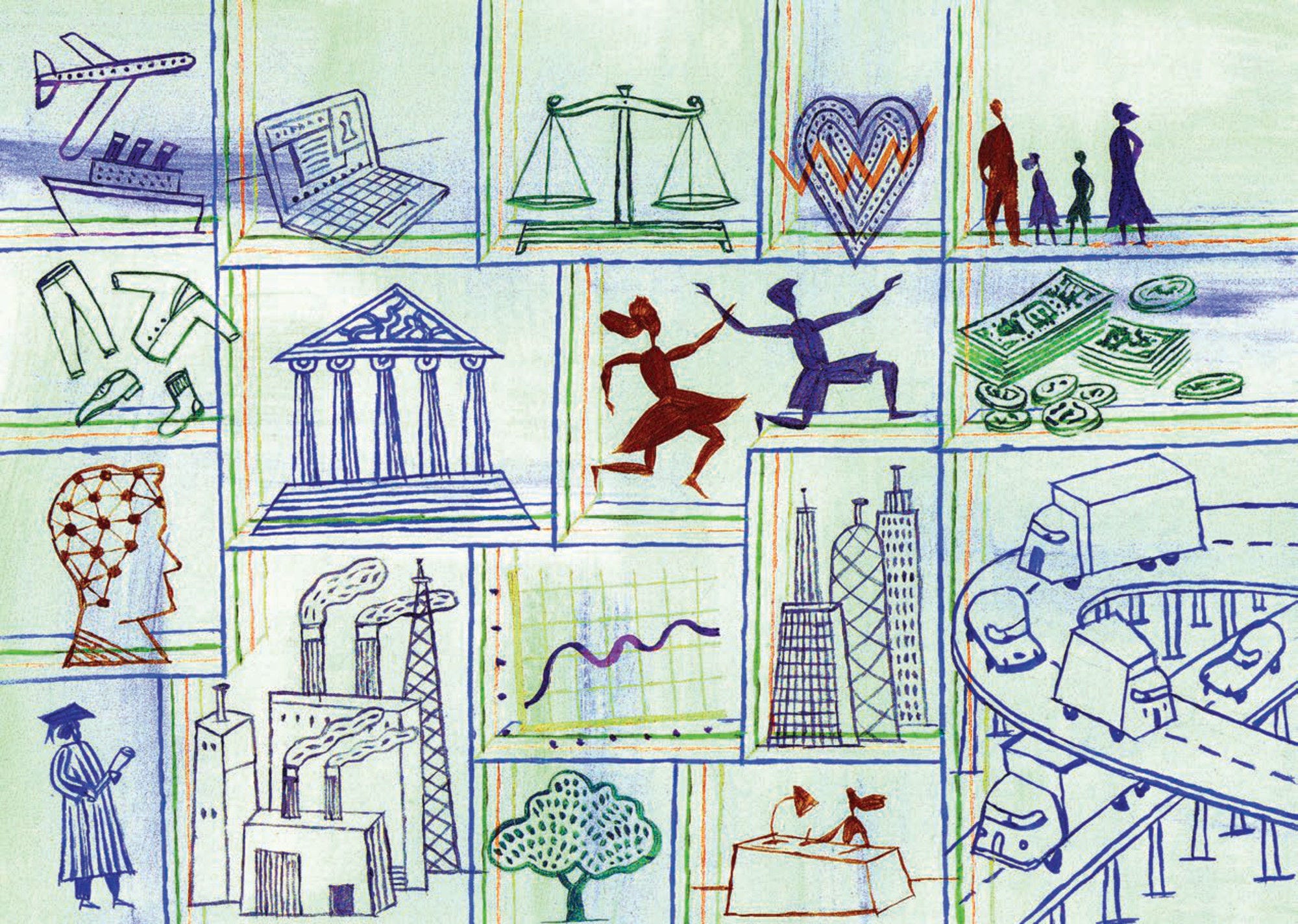Access to justice is defined as the ability of citizens to seek and obtain a just resolution of legal problems through a wide range of legal and justice services. This involves legal information, counsel and representation to formal (e.g. courts) and alternative dispute resolution, and enforcement mechanisms. Nowadays, more emphasis is placed on legal empowerment, which enables citizens’ meaningful participation in the justice system and in building their capabilities to understand and use the law for themselves (OECD, 2019). The rule of law requires an impartial and non-discriminatory justice system. Without equal access, a large portion of the population would be left behind. For example, in all Western Balkans, except for Serbia and Albania, the lack of an adequate system for compensating legal costs for the winning party can create additional barriers for access to administrative justice.
Legal needs surveys are useful in helping policymakers understand citizens’ experiences in seeking justice, the pathways they follow and the obstacles they face in resolving disputes. These surveys ask respondents whether they experienced any legal problems over the course of the reference period, whether they sought legal help and from whom, whether they attempted to solve the dispute and how, among others. Some countries have included modules on legal needs in their household surveys, but these are not regularly collected (OECD/Open Society Foundations, 2019). Since 2016, the World Justice Project collects data on access to justice in its General Population Poll across the world, making cross-country comparisons possible.
Based on the data from General Population Poll, only one-fifth of citizens in the Western Balkans who experienced a legal problem received legal advice. In over half of these cases, the advice came from a friend or family member, not a legal aid office, professional lawyer or formal institution. People in Albania and North Macedonia rely less on family and friends and use professional legal services more than in Serbia and Bosnia and Herzegovina. In the OECD-EU countries approximately one-third of citizens who experienced a legal problem received advice, and also half of those relied on friends and family.
Across the Western Balkans, of those citizens that experienced a legal problem but did not seek legal assistance, most of them answered that the problem was not difficult, whereas one-third (32%) of respondents reported that the reason they did not seek legal assistance was because of barriers to access such as lack of knowledge of the possibility of receiving advice or where to do so, distance, fear of getting legal support or of financial costs. People in Albania were most likely to report barriers as the cause for not seeking legal assistance (39%), as opposed to North Macedonia where the fewest people answered that barriers discouraged them from seeking legal aid (26%). Still, despite not feeling discouraged by access barriers, the share of respondents who took action to solve their disputes in North Macedonia is the same as in other Western Balkans. The regional average for respondents reporting barriers to access is approximately the same as in the average of OECD-EU countries (31%).


